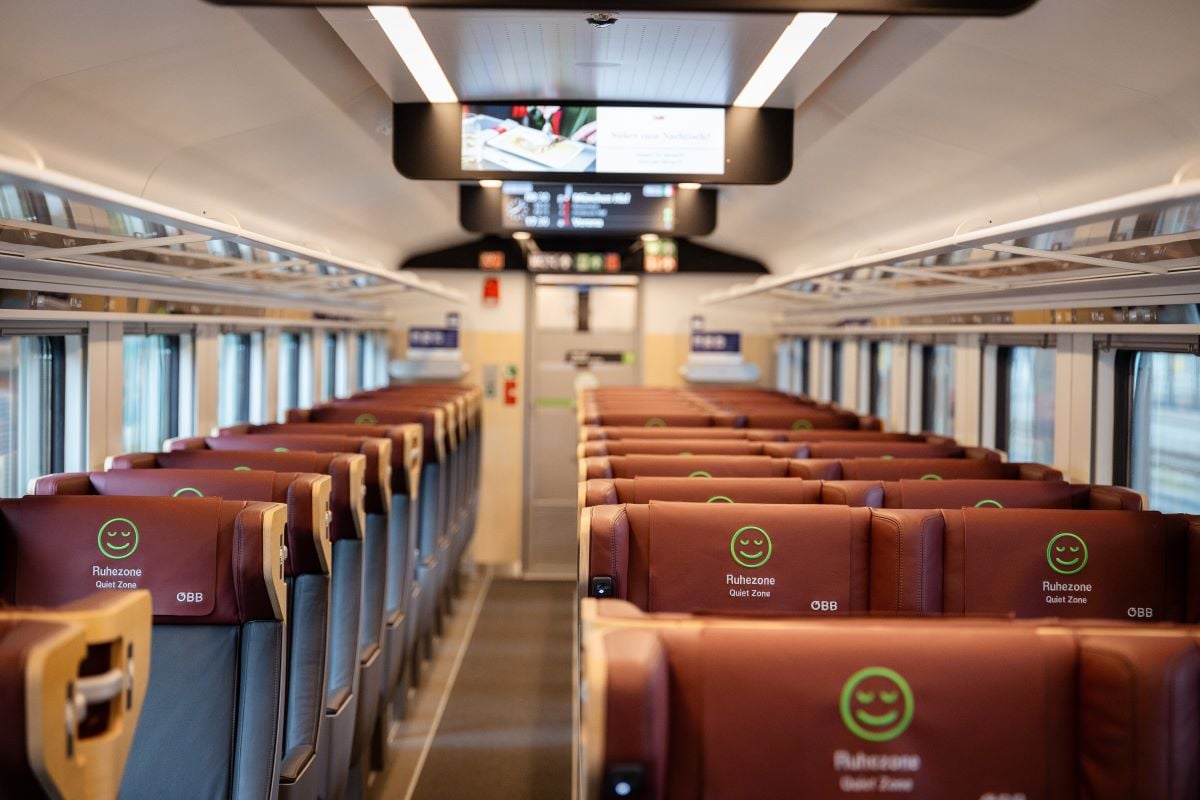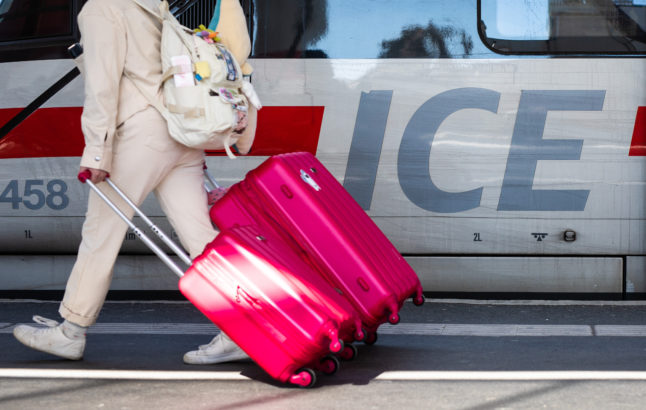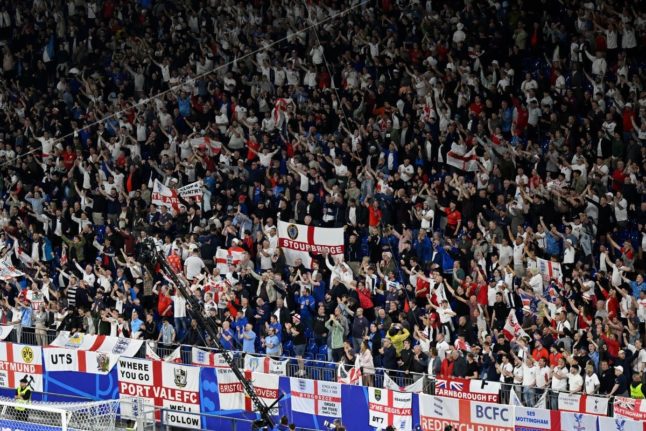Germany’s national railway company Deutsche Bahn (DB) introduces a timetable change each year in June ahead of the summer vacation season, which is a popular time for rail travel.
This year’s timetable adjustment also comes with a couple key operational changes such as a price increase for seat reservation, as well as the end of physical BahnCards.
The summer timetable will remain in place until December 14th, when the winter timetable begins.
Train and scheduled service changes
New trains are being added to several of DB’s international routes. The state-owned railway operator says on its website that the new trains will provide “more comfort on cross-border connections”.
Specifically: new Swiss high-speed trains will be added to the Frankfurt – Zurich – Milan line from June, new ÖBB Railjet trains are being gradually added to the Munich – Bolzano – Verona line, and new CD Comfortjet trains are expected to be added to the Berlin – Dresden – Prague line from September.
On the other hand, DB’s ICE 3neo trains are to be phased out on connections between Frankfurt and Brussels and Amsterdam from mid-June.

There are also some disruptions that are already scheduled due to construction.
Starting July 16th, passengers of the Riedbahn from Frankfurt to Mannheim can expect the journey to take an additional 30 minutes, with alterations to direct connections.
From July 16th to August 12th there will be renovations carried out on the Cologne to Frankfurt Airport high-speed line.
Finally, from August 17th, renovation of the Hamburg – Berlin connection is expected to delay journeys up to 45 minutes.
How DB is supporting Euro 2024
In anticipation of the Euro 2024 football championship, DB has planned for “around 10,000 additional seats per day” from June 14th to July 14th.
The extra seats are added by means of using longer trains in some cases and also adding journeys, especially in the evening and through the night, scheduled for departure following the matches.
READ ALSO: Euro 2024 – Six things to know about visiting Germany this summer
DB also has a couple of promotional ticket and Bahncard options available that will allow football fans to save a bit on train transport around the country.
Holders of a ticket for a Euro 2024 match will also receive a “DB Ticket Euro 2024”, allowing them to book long-distance train journeys to the match from €29.90. This is in addition to the local transportation ticket that Euro 2024 ticket holders receive.
Additionally, visitors coming from other European countries by train may want to take advantage of the Interrail EURO 2024 Pass, which is discounted by 25 percent.
Lastly, DB is offering a “Fan BahnCard 25” until June 16th, which gives one a 25 percent discount on all DB train tickets for a period of three months – to be extended for one year free of charge if Germany happens to win the Euro 2024 championship.
Price and BahnCard updates
The price for seat reservations is going up a bit this summer.
As of June 9th, the price for a seat reservation in 2nd class has risen to €5.20, and in 1st class it’s up to €6.50. For family reservations, the price has changed to €10.40 in 2nd class and €13 in 1st class.
If you are a BahnCard holder you may have noticed that a physical BahnCard has not arrived in your mailbox for this season. BahnCards 25 and 50 are now completely digital. Your current BahnCard can be added to your account in the DB Navigator app and used immediately.
More information about BahnCards can be found on the DB website.
READ ALSO: Why a Deutsche Bahn job ad sparked laughs – and likely a few applicants



 Please whitelist us to continue reading.
Please whitelist us to continue reading.
Member comments